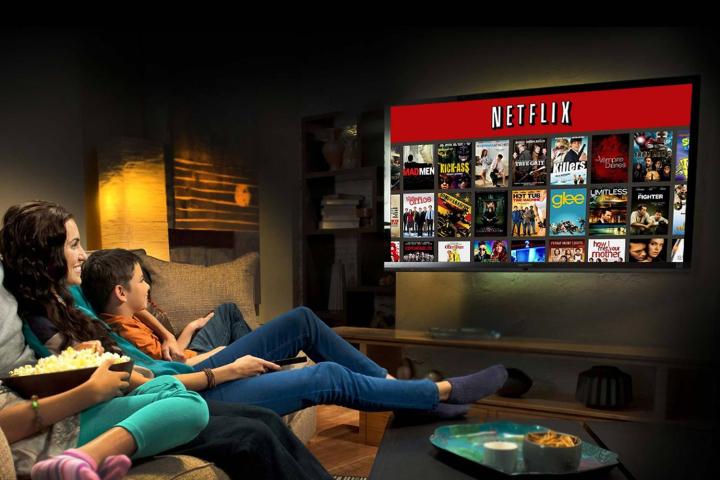
Hastings has been spreading the gospel of broadcast TV’s demise for years. Back in April 2013, in an 11-page document posted on Netflix’s website, the maverick CEO predicted a world with no channel bundles and that “over the coming decades internet TV will replace linear TV.” In the year and half since the document was posted, HBO, Showtime and CBS have all announced standalone apps, while satellite provider Dish Network is preparing an over-the-top Internet pay-TV service featuring bundles of Disney-owned properties like ESPN as well as A&E and others.
Ad revenue for broadcast television has been turbulent at best, with 2011-2012 being the only time period in the past 10 years where ad revenue experienced consecutive years of growth. As a result, advertisers are predicted to spend more on digital platforms than television in two years.
Hastings also began discrediting the building blocks of broadcast television: TV ratings. He remarked that Nielsen’s upcoming ratings system for SVOD services like Netflix and Amazon Prime are “not very relevant” because the rating system does not take into account mobile video consumption. Netflix notoriously does not reveal viewership numbers for its original programming. In 2012, chief content officer Ted Sarandos explained to Harvey Weinstein that Netflix believes disclosing ratings “creates a benchmark that is irrelevant to the business but sexy and exciting to write about and puts a lot of performance pressure on shows that otherwise will be great shows over time.”
In other words, “We’re not telling.”
Hastings did not mention what data leads him to postulate a 2030 death of broadcast networks, but the vision is not his alone. Cisco Systems surveyed 50 television experts in 2011 on the future of television and discovered conventional TV viewing will be extinct by 2030.


